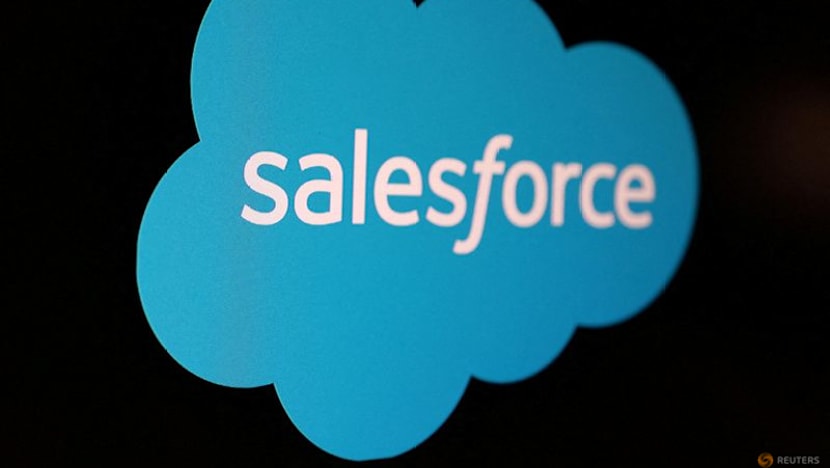Top Stories
Authors Launch Class Action Against Salesforce Over AI Training Data

Cloud-computing company Salesforce is facing a proposed class action lawsuit filed by authors Molly Tanzer and Jennifer Gilmore. The lawsuit, submitted on March 6, 2024, claims that Salesforce unlawfully used thousands of books without authorization to train its artificial intelligence software, specifically the xGen AI models designed for language processing.
The complaint asserts that the authors’ copyrights were infringed upon as their works were allegedly incorporated into the training data for Salesforce’s AI systems. A spokesperson for Salesforce declined to provide a comment regarding the lawsuit on March 7, 2024.
Joseph Saveri, the attorney representing Tanzer and Gilmore, emphasized the importance of transparency for companies using copyrighted material in their AI products. He stated, “It’s also only fair that our clients are fairly compensated when this happens.” This sentiment reflects a growing concern within the literary community regarding the use of creative works without proper compensation.
The lawsuit highlights a broader trend, as numerous authors, news outlets, and content creators have initiated legal actions against major technology firms, including OpenAI, Microsoft, and Meta Platforms. These entities are accused of misappropriating material for AI training purposes. Notably, in August 2023, Anthropic reached a landmark settlement worth $1.5 billion with a different group of authors over similar copyright infringement claims.
In their filing, Tanzer and Gilmore alleged that Salesforce utilized thousands of pirated books written by them and other authors to develop its xGen AI. The complaint also references Salesforce CEO Marc Benioff, who has publicly criticized AI companies for relying on what he termed “stolen” training data. Benioff has stated that compensating content creators for their work would be “very easy to do.”
The authors’ complaint argues that if Benioff recognizes the need for fair compensation, then Salesforce should also adhere to this principle. The lawsuit seeks accountability from Salesforce for its alleged misuse of intellectual property belonging to the plaintiffs and others in the literary community.
As the legal landscape surrounding AI and copyright continues to evolve, the outcome of this case could have significant implications for both technology companies and content creators. The growing number of lawsuits highlights the urgent need for clarity in how AI systems are developed and the ethical considerations involved in utilizing copyrighted materials.
-

 Business5 months ago
Business5 months agoKenvue Dismisses CEO Thibaut Mongon as Strategic Review Advances
-

 Lifestyle4 months ago
Lifestyle4 months agoHumanism Camp Engages 250 Youths in Summer Fest 2025
-

 Sports4 months ago
Sports4 months agoDe Minaur Triumphs at Washington Open After Thrilling Comeback
-

 Sports5 months ago
Sports5 months agoTupou and Daugunu Join First Nations Squad for Lions Clash
-

 Top Stories5 months ago
Top Stories5 months agoColombian Senator Miguel Uribe Shows Signs of Recovery After Attack
-

 World5 months ago
World5 months agoASEAN Gears Up for Historic Joint Meeting of Foreign and Economic Ministers
-

 Health4 months ago
Health4 months agoNew Study Challenges Assumptions About Aging and Inflammation
-

 Business5 months ago
Business5 months agoOil Prices Surge Following New EU Sanctions on Russia
-

 Entertainment4 months ago
Entertainment4 months agoDetaşe-Sabah Violin Ensemble Captivates at Gabala Music Festival
-

 Entertainment4 months ago
Entertainment4 months agoBaku Metro Extends Hours for Justin Timberlake Concert
-

 Top Stories5 months ago
Top Stories5 months agoRethinking Singapore’s F&B Regulations Amid Business Closures
-

 Business5 months ago
Business5 months agoU.S. House Approves Stablecoin Bill, Sends to Trump for Signature









